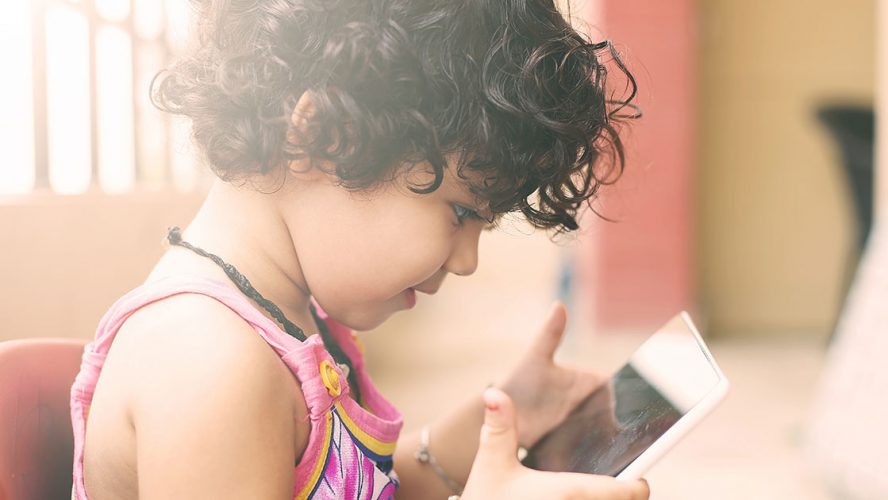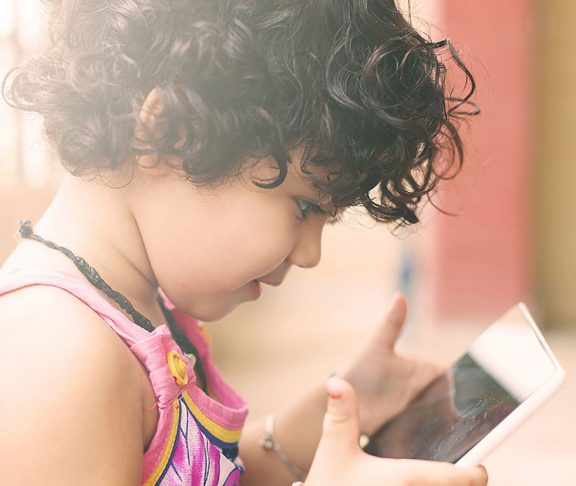In a world of drones, wearable technologies and social media, the lines between work and school, and personal and private lives are blurred. Work looks very different as it becomes increasingly mobile, global and dependent on workers who have the ability to think critically, create, communicate and collaborate.
An endless journey
Given this reality, we now need to imagine the future of education as a learning continuum of experiences in which children engage throughout their lives. It starts with the recognition that in order for children to be prepared for the “world that no one knows yet” (in the words of famed anthropologist Margaret Mead), 21st century learning begins long before formal education, reaches beyond both the school day and year, and spans the child’s full educational journey into post-secondary education, career and citizenship.
This broader, deeper approach to learning enables communities to unite around a common learning vision and develop an ecosystem for student support and growth. It ensures that children engage in a myriad of diverse, real world learning opportunities, develop capacities for the transfer and application of knowledge, and build the skills, dispositions and abilities to succeed in whatever they dream to do next.
Enriching the experience
Leading districts and learning communities use this approach already. They incorporate inquiry based, hands-on learning and partner with community organizations to reinforce and enhance student growth and development. They use technology and social media to their best advantage, establishing close home and school links, and making anytime-anywhere learning a reality. They also support their educators as the 21st century learning professionals they are, and make sure that they too get the chance to create, communicate, collaborate and think critically about their work.
Our children will solve unforeseen challenges, communicate in undreamed-of ways, innovate and work globally. To succeed, students and educators both in and beyond school must approach learning as an ongoing experience, not a place or an end goal. It is our job to help them do just that.

